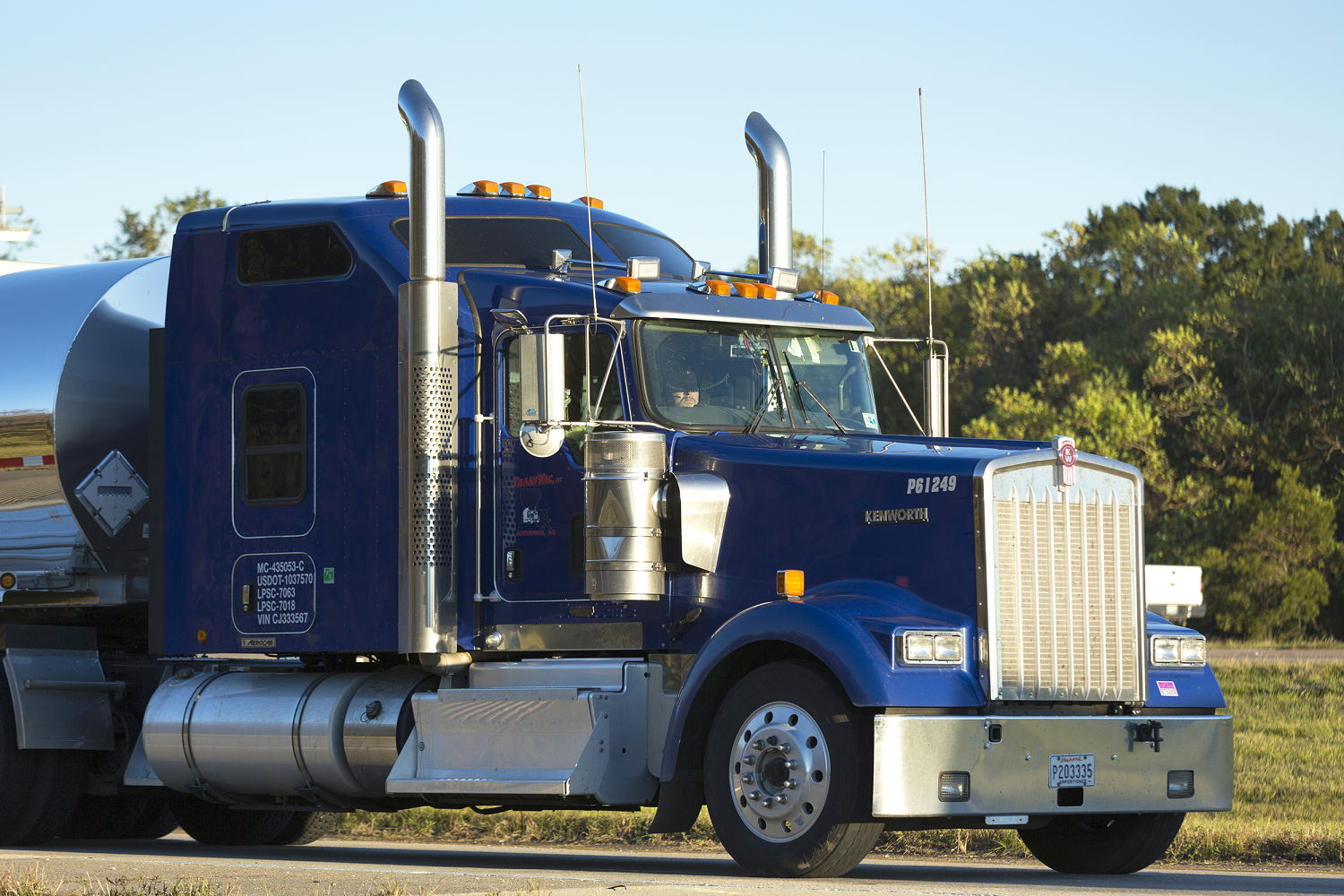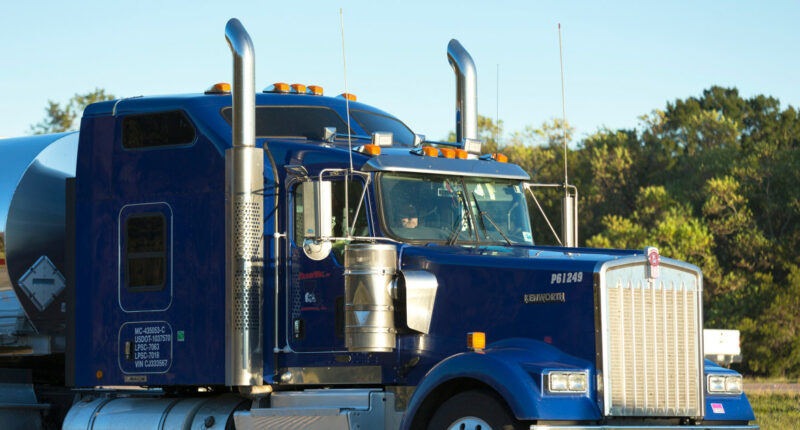Share this @internewscast.com

President Donald Trump on Thursday revealed a fresh set of severe tariffs, declaring that the United States will implement a 100% tariff on imported branded drugs, a 25% tariff on all imports of heavy-duty trucks, and a 50% tariff on kitchen cabinets.
Trump also said he would start charging a 30% tariff on upholstered furniture next week.
He mentioned that the new heavy-duty truck tariffs are designed to shield manufacturers from “unfair outside competition,” and stated that the action would support companies such as Paccar-owned PCAR.O Peterbilt and Kenworth as well as Daimler Truck-owned DTGGe.DE Freightliner.
Trump has launched numerous national security probes into potential new tariffs on a wide variety of products.
He said the new tariffs on kitchen, bathroom and some furniture were because of huge levels of imports that were hurting local manufacturers.
“The reason for this is the large-scale ‘FLOODING’ of these products into the United States by other outside Countries,” Trump noted, pointing out national security concerns regarding U.S. manufacturing.
The U.S. Chamber of Commerce advocated for the department to refrain from imposing new tariffs, highlighting that the top five sources of imports are Mexico, Canada, Japan, Germany, and Finland, “all of which are allies or close partners of the United States posing no threat to U.S. national security.”
Mexico stands as the largest exporter of medium- and heavy-duty trucks to the United States. A report published in January indicated that imports of those larger vehicles from Mexico have tripled since 2019.
Increased tariffs on commercial vehicles could exert pressure on transportation costs just as Trump has pledged to bring down inflation, particularly on consumer goods like groceries.
Tariffs could also affect Chrysler-parent Stellantis STLAM.MI, which produces heavy-duty Ram trucks and commercial vans in Mexico. Sweden’s Volvo Group VOLVb.ST is building a $700 million heavy-truck factory in Monterrey, Mexico, set to start operations in 2026.
Mexico is home to 14 manufacturers and assemblers of buses, trucks, and tractor trucks, and two manufacturers of engines, according to the U.S. International Trade ministration.
The country is also the leading global exporter of tractor trucks, 95% of which are destined for the United States.
“We need our Truckers to be financially healthy and strong, for many reasons, but above all else, for National Security purposes!” Trump added.
Mexico opposed new tariffs, telling the Commerce Department in May that all Mexican trucks exported to the United States have on average 50% U.S. content, including diesel engines.
Last year, the United States imported almost $128 billion in heavy vehicle parts from Mexico, accounting for approximately 28% of total U.S. imports, Mexico said.
The Japanese Automobile Manufacturers Association also opposed new tariffs, saying Japanese companies have cut exports to the United States as they have boosted U.S. production of medium- and heavy-duty trucks.










